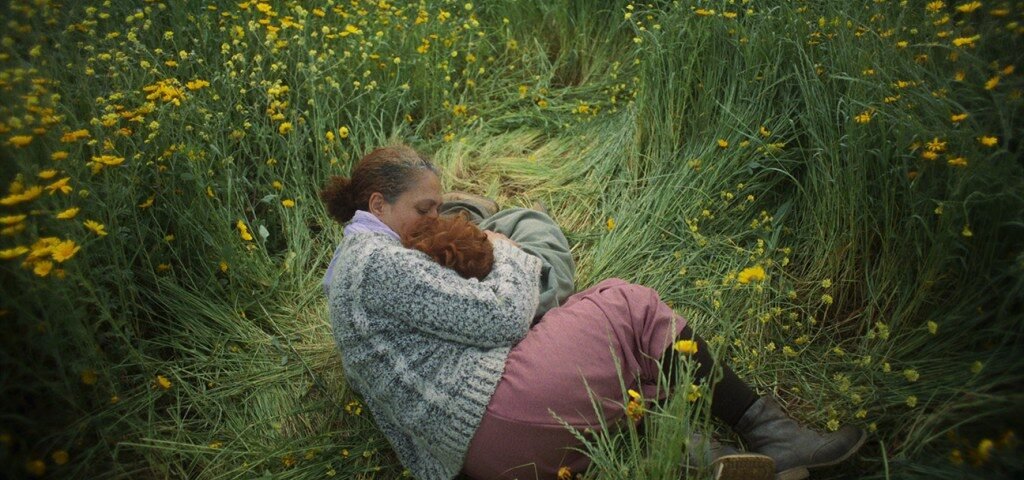


‘A Traveler’s Needs’ Review: Isabelle Huppert Reteams With Hong Sang-soo for Another Wispy, Wistful Drama
February 24, 2024


‘Black Tea’ Review: Abderrahmane Sissako’s Evocative but Slippery Diasporic Drama
February 25, 2024Director Meryam Joobeur, whose 2020 short ‘Brotherhood’ was nominated for an Oscar, unveiled her first feature in competition at the Berlinale.


Movies
‘Gloria!’ Review: An All-Female Orchestra at the Turn of the 19th Century Does It for Themselves in Fluffy Italian Debut
In writer-director Meryam Joobeur’s feature debut, Who Do I Belong To (Mé el Aïn), a family of Tunisian farmers is torn apart when their two eldest sons join ISIS, leaving their household a wreck and causing even more damage when one of them returns.
Both movies were directed by women and focus on the impacts of Islamic extremism — the trauma it inflicts upon families, as well as the traumas that may have prompted such a turn to extremism in the first place. But in terms of the filmmaking they couldn’t be more diametrically opposed: Four Daughters is a self-reflective work of nonfiction in which real people play themselves alongside trained actors, restaging events to try and analyze them. Who Do I Belong To, on the other hand, is a work of highly stylized fiction, and one that transforms into a magical realist horror flick in the last act.
The story starts off intriguingly enough, with Joobeur evocatively introducing us to Aïcha (Salha Nasraoui), a mother of three, who, along with her husband Brahim (Mohamed Hassine Grayaa), runs a poor but picturesque farm on the cliffs near the Mediterranean Sea. During a wedding she learns that her two older boys, Mehdi (Malek Mechergui) and Amine (Chaker Mechergui), have run off, and before long hears the dreaded news: They have signed up with ISIS.
The director, working with DP Vincent Gonneville, paints Aïcha and her household in thick brushstroke-like shots filled with saturated colors and consisting mostly of close-ups or medium close-ups — the film was lensed with the box-like 1:133 format — to the point that it can be a claustrophobic affair to sit through. This may be intentional on Joobeur’s part, but the result is a brooding drama that’s given little room to breathe, with the near-constant score by Peter Venne relentlessly hammering home its solemnity.
Not that there’s anything to rejoice over for Aïcha, Brahim and their youngest son, Adam (Rayen Mechergui), who are stuck in an unbearable situation: Either Mehdi and Amine will be killed in Syria or Iraq, or they will come home and get arrested by the Tunisian authorities, who have zero tolerance for radical Islamists.
Joobeur withholds key pieces of information from both the viewer and Mehdi’s family, until dishing them out in flashbacks that take over during the film’s second half. Those scenes, set in a hellish war zone ruled by sadistic thugs, are gruesome in their depiction of what joining ISIS means for naïve boys like Mehdi and Amine. If the goal of Who Do I Belong To is to reveal the horrors of such a despised terrorist organization, then its message is heard loud and clear. But isn’t it sort of stating the obvious?
The director is even more interested in how ISIS’ horrors impact folks back home, damaging innocent Muslims like Aïcha and Brahim who are simply trying to make a living and raise their children. It’s unfortunate, then, that the film’s third act switches to a local murder mystery possibly involving Mehdi and Reem, until switching gears again in the closing sequences to a form of supernatural spookiness. Those plot mechanics wind up muddying the waters too much, even if they’re meant to underscore how wartime traumas can be extremely hard to shake off — to the point that everyone becomes some kind of victim.






